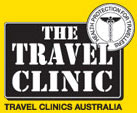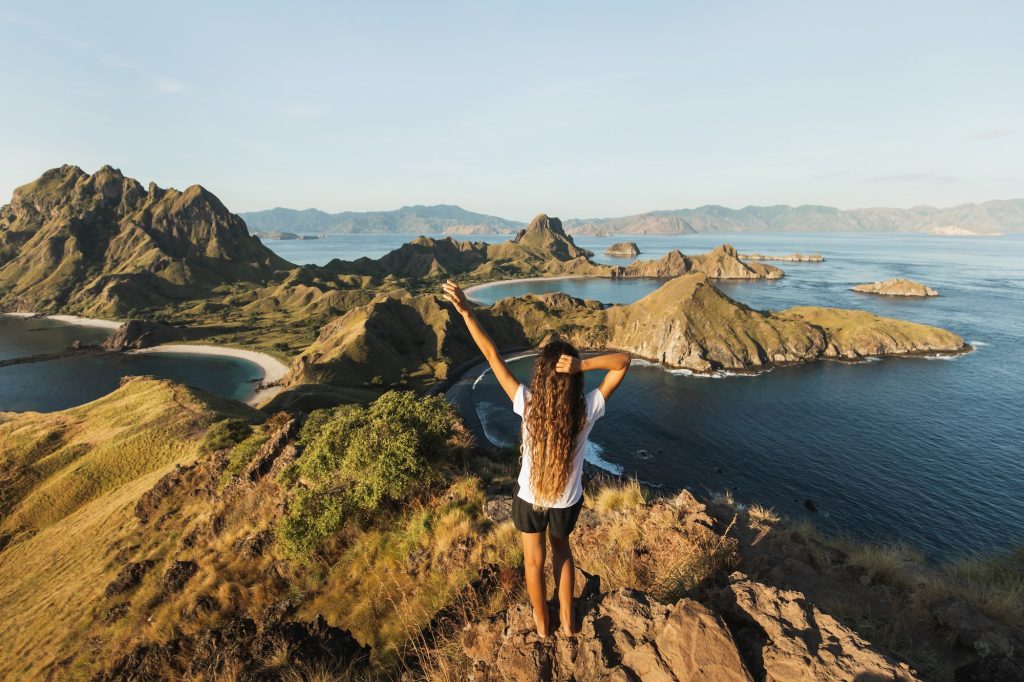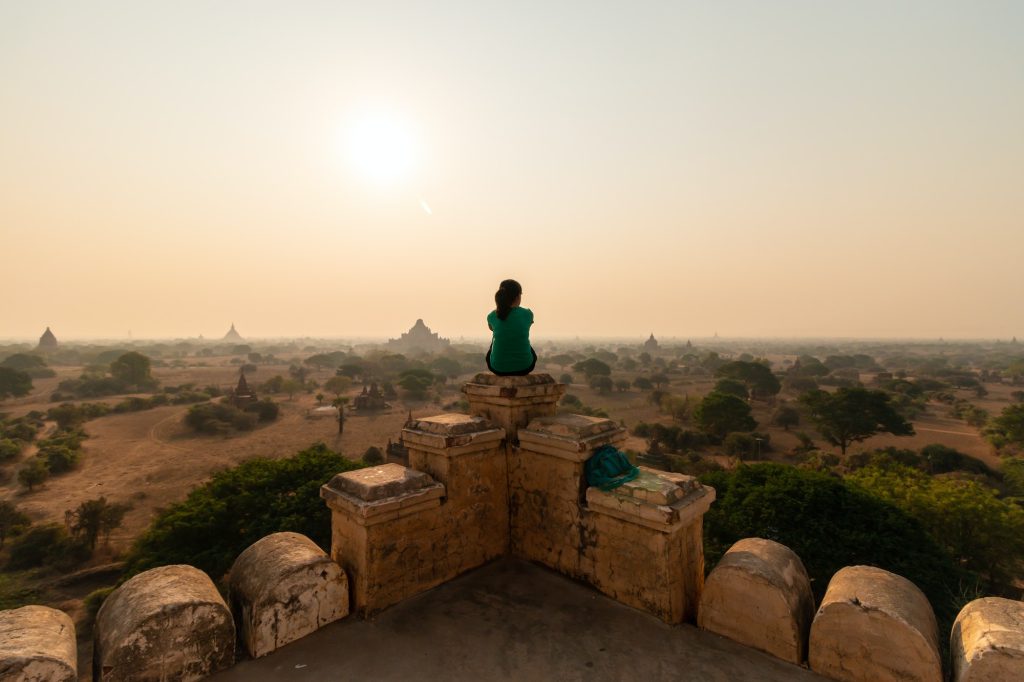A state of emergency remains in place following the 7.7 magnitude earthquake in March. There’s significant damage to buildings, roads and infrastructure in Mandalay, Sagaing and Nay Pyi Taw, as well as surrounding regions. Avoid affected areas and monitor media for updates (see ‘Safety’).
We continue to advise do not travel to Myanmar. Violence, including explosions and attacks, can occur anywhere and anytime, including in Yangon. Attacks may be planned against locations that foreigners frequent, including public spaces and civilian infrastructure. Attacks are unpredictable in their location and intensity. Remain aware of the security environment at all times. Minimise movement, especially on anniversaries and days of national significance, and monitor media closely. There’ve been widespread detentions, including of foreigners.
Australians may be at risk of arbitrary detention. If local authorities consider you are a citizen of Myanmar, you may be required to serve in the armed forces. In response to the global Mpox public health emergency, you’re required to complete a health declaration form on arrival. If you are an Australian-Myanmar dual national holding an Australian passport, you may not be exempt from this law. Be aware of offers of employment that appear ‘too good to be true’. Foreign nationals have been trafficked into Myanmar (either directly into Yangon or via a neighbouring country) and forced to work in fraudulent activity, with poor pay and living conditions, restrictions on movement, and severe mistreatment. (See Safety).
We continue to advise:
Do not travel to Myanmar due to the dangerous security situation and the threat of civil unrest and armed conflict.


